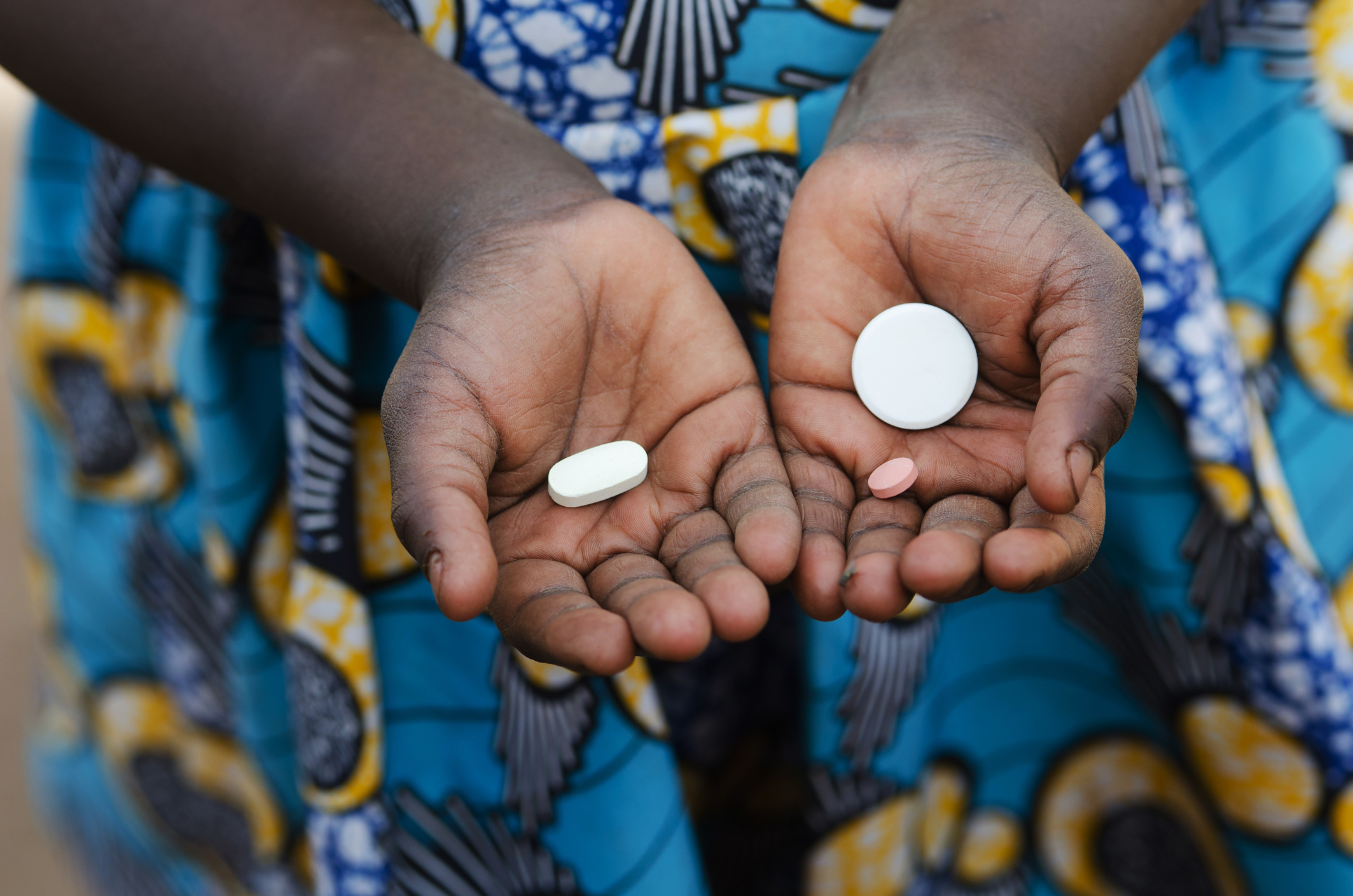ROTA-biotic
measuring the impact of rotavirus vaccines on pediatric antibiotic usage

Objective
This study aims to evaluate the impact of rotavirus vaccination (RVV) on antibiotic usage. Specifically, the study will quantify how differences in RVV efficacy impact the number of days of prescription and non-prescription antibiotic usage in the first 2 years of life among two large cohorts of children in Zambia and Ghana.
Description
Rotavirus is the most common aetiology of serious gastroenteritis in young children. Despite antibiotics not being indicated in its treatment, gastroenteritis remains a very common cause for antibiotic prescribing in low-income settings. We hypothesize that effective rotavirus vaccination can reduce diarrheal episodes and thereby unnecessary antibiotic usage in young children in low-income settings.
This proposal will be conducted within a planned phase III randomized-controlled clinical trial comparing the efficacy of a new parenteral trivalent P2-VP8 subunit rotavirus vaccine to the oral live attenuated vaccine, Rotarix®, against severe rotavirus gastroenteritis in the first 2 years of life in Zambia and Ghana.
Partners
Centre for Infectious Disease Research in Zambia (CIDRZ)
Noguchi Memorial Institute for Medical Research (NMIMR)
Funders
Wellcome Trust
Countries
Zambia, Ghana and the Netherlands
